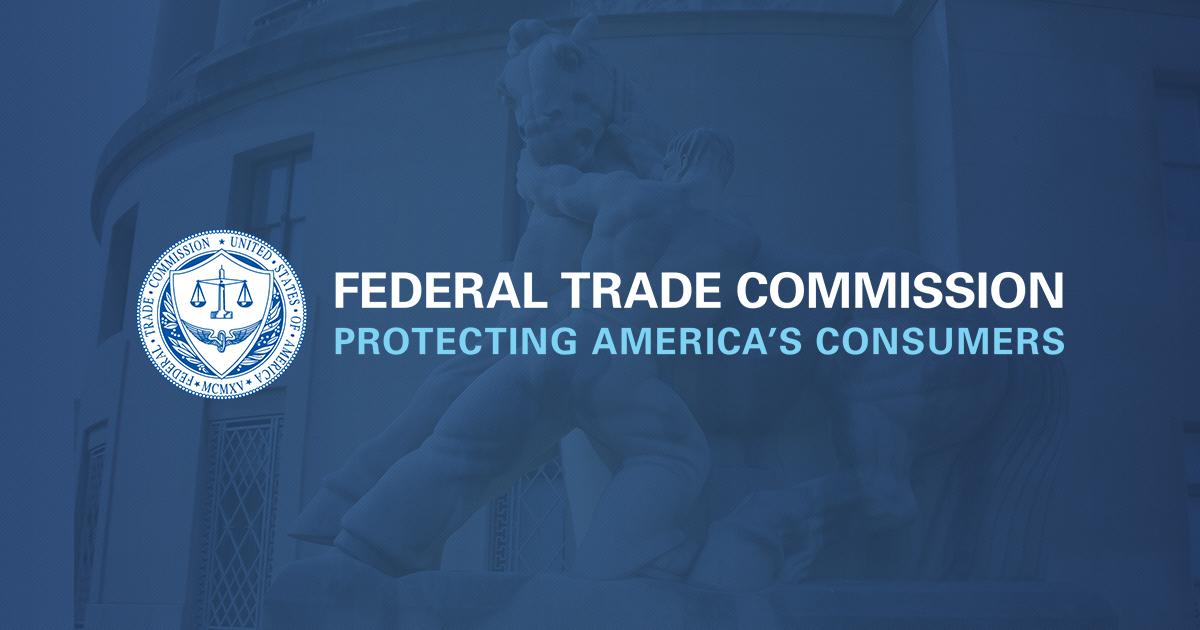The Federal Trade Commission has charged 12 defendants with laundering millions of dollars in credit card charges through fraudulent merchant accounts. According to the complaint filed by the FTC, the defendants arranged for a deceptive operation known as Money Now Funding (MNF) to obtain and maintain merchant accounts that allowed it to process almost $6 million through the credit card networks.
In September 2013, the FTC charged MNF with running a deceptive business opportunity scheme that promised consumers they would make thousands of dollars helping small businesses get loans. The court in the MNF matter determined that MNF’s promises were false.
Today’s case alleges that the defendants – an Independent Sales Organization (ISO), sales agents, and their principals – provided the MNF scheme access to the credit card networks by submitting and approving fraudulent applications in the names of more than 40 fictitious MNF companies. According to the FTC’s complaint, the defendants did so despite obvious signs that the companies were likely fictitious and being used to conceal the true identity of the underlying merchant. By processing the fraudulent MNF scheme’s transactions through merchant accounts opened in the names of fictitious companies, the ISO defendants allegedly also evaded the anti-fraud monitoring efforts of the credit card networks.
In the case announced today, the defendants are charged with violating the FTC Act and the FTC’s Telemarketing Sales Rule.
The ISO defendants are Electronic Payment Systems LLC, Electronic Payment Transfer LLC, John Dorsey, Thomas McCann and Michael Peterson. The sales agent defendants are Electronic Payment Solutions of America Inc., Electronic Payment Services Inc., KMA Merchant Services LLC, Dynasty Merchants LLC, Jay Wigdore, Michael Abdelmesseh, also known as Michael Stewart, and Nikolas Mihilli.
The Commission vote authorizing the staff to file the complaint was 2-0. It was filed in the U.S. District Court for the District of Arizona.
NOTE: The Commission files a complaint when it has “reason to believe” that the law has been or is being violated and it appears to the Commission that a proceeding is in the public interest. The case will be decided by the court.
The Federal Trade Commission works to promote competition, and protect and educate consumers. You can learn more about consumer topics and file a consumer complaint online or by calling 1-877-FTC-HELP (382-4357). Like the FTC on Facebook, follow us on Twitter, read our blogs and subscribe to press releases for the latest FTC news and resources.

